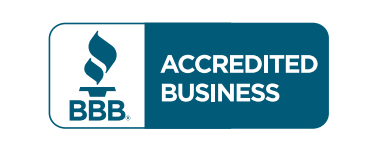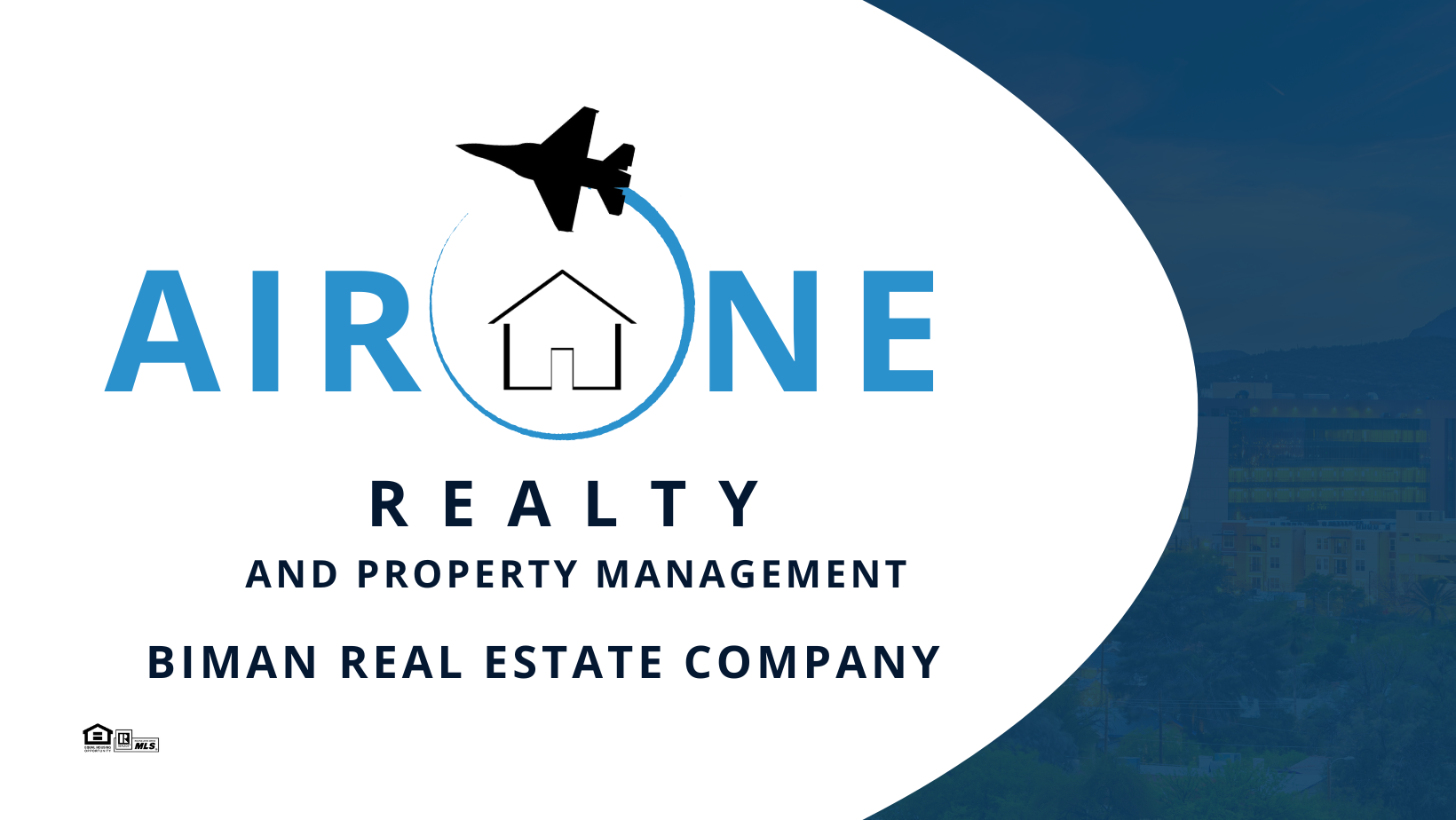What is Commercial Real Estate?
Classified as Commercial Real Estate
A property is classified as commercial real estate when it is only used for the purpose of conducting business. Typically, commercial real estate is owned by an investor who collects rent from each business that operates from that property.
Examples of commercial real estate include office space, strip malls, hotels, convenience stores, and restaurants. Sometimes, commercial real estate is also owner-occupied, meaning the business that operates at the site is also the owner.

We Deal in Following
Commercial Real Estate Services
Expert solutions for all your commercial real estate needs.
Properties
- Office Space.
- Retail Properties include shopping districts, neighborhood centers or standalone retail buildings.
- Industrial facilities
- Multifamily Complex
- Hospitality Venues like hotel, resorts, and elderly housing facilities
- Health Care Facilities
- Special Purpose Properties (Religious Centers)
Land
- Special purpose land
- Multifamily land
- Industrial land
- Retail/oƯice land
- Solar Farms

What is a Commercial Real Estate Broker?
A commercial real estate broker is a middleman between sellers and buyers of commercial real estate, who helps clients sell, lease, or purchase commercial real estate. A commercial real estate broker can work as an independent agent, an employer of commercial real estate agents, or as a member of a commercial real estate brokerage firm.
The primary difference between a commercial real estate broker and a commercial real estate agent is that the former can work independently while the latter does not. A commercial real estate agent must be employed by a licensed broker.
Gain access to an extensive database of property listings, including single-family homes, condos, townhouses, luxury estates, and more. We’ll help you find the right property that meets your criteria and fits within your budget.
Advantages of Hiring a
Commercial Real Estate Broker?
A commercial real estate broker can help prospective clients save time and money by carrying out the following functions
- Purpose and Use
Clearly define the purpose of the property and how it aligns with your business goals. Consider whether you’ll use it for office space, retail, industrial purposes, or other commercial activities.
- Evaluating business plans
A commercial real estate broker evaluates their clients’ business plans to determine their feasibility. They often use statistical analysis (such as break-even analysis) to determine the basic margin of safety on a client’s investment.
- Building a network in the target community
In each area that a commercial real estate broker intends to work in, they create a network with important members of the concerned community. This ensures that they have a first mover’s advantage every time a property is up for sale or when a prospective buyer emerges in the community.
- Understanding tax and zoning laws
Many individuals refrain from investing in commercial real estate because of the large number of complex rules and regulations governing the taxation and purchase of commercial property. This complexity is compounded by the fact that these rules and regulations vary across states, industries, and zones. A commercial real estate broker must have an excellent understanding of tax and zoning laws to complete the aforementioned formalities on their client’s behalf and, thus, remove a barrier to investment in commercial real estate.
- Negotiating with clients
Commercial real estate brokers have to be excellent negotiators and mediators because, unlike residential real estate brokers, commercial real estate brokers often have to deal with more than two parties when arranging the sale or lease of a property. The various parties often have conflicting incentives, which a commercial real estate agent helps align through negotiations. A commercial real estate broker must have excellent communication and persuasion skills to successfully navigate negotiations
- Conducting Research
Often, the success of a client’s business depends on local conditions. A commercial real estate broker has to provide prospective buyers of commercial real estate with research regarding local demographics, businesses, environmental quality, property maintenance costs, and the desirability of the location of the property.
- Analyzing lease payments
A commercial real estate broker researches and analyzes trends in lease payments for commercial real estate in the area in which she/he operates. There are four basic types of commercial real estate leases:
1. Single net lease: Under this lease, property tax is paid by the tenant.
2. Double-net (NN) lease: Under this lease, property tax and insurance are paid by the tenant.
3. Triple-net (NNN) lease: Under this lease, property tax, insurance, and maintenance are paid by the tenant.
4. Gross lease: Under this lease, property tax, insurance, and maintenance is paid by the landlord. The tenant only pays rent.
Common Metrics Used by Commercial Real Estate Brokers?
Gross Rental Yield
Gross rental yield expresses rental income as a percentage of the value of the property before taxes and other expenses are deducted. It is calculated as follows:
Gross Rental Yield = (Annual Rental Income/Cost of Property) x 100
Commercial real estate results in an average yield of 7%-7.5%, as opposed to residential real estate which results in an average yield of 4%–5%. This is a popular metric for comparing commercial real estate properties which are going to be rented/ leased out.

Dhruv Saha
Agent & Co Owner
Capital Gain/Total Return on Investment
Capital gain refers to the profit made by selling a property. It is calculated as follows:
Total Return on Investment = ((Gain from Investment – Expense of Investment)/ Expense of Investment )x 100
This is a popular metric for comparing commercial real estate properties which are going to be sold. Investment in commercial real estate which provides a wide scope for improvement and/or expansion is ideal for earning capital gains.
However, it is important to note that there exists an inverse relationship between gross rental yield and capital gain/total return on investment.

Biman Saha
CEO

Unbeatable Excellence
Get Started Today
Ready to begin your home buying journey?
Contact us today to schedule a consultation with one of our experienced agents. We’re here to answer your questions, address your concerns, and help you find the perfect home that exceeds your expectations. Let’s make your dream of homeownership a reality!

